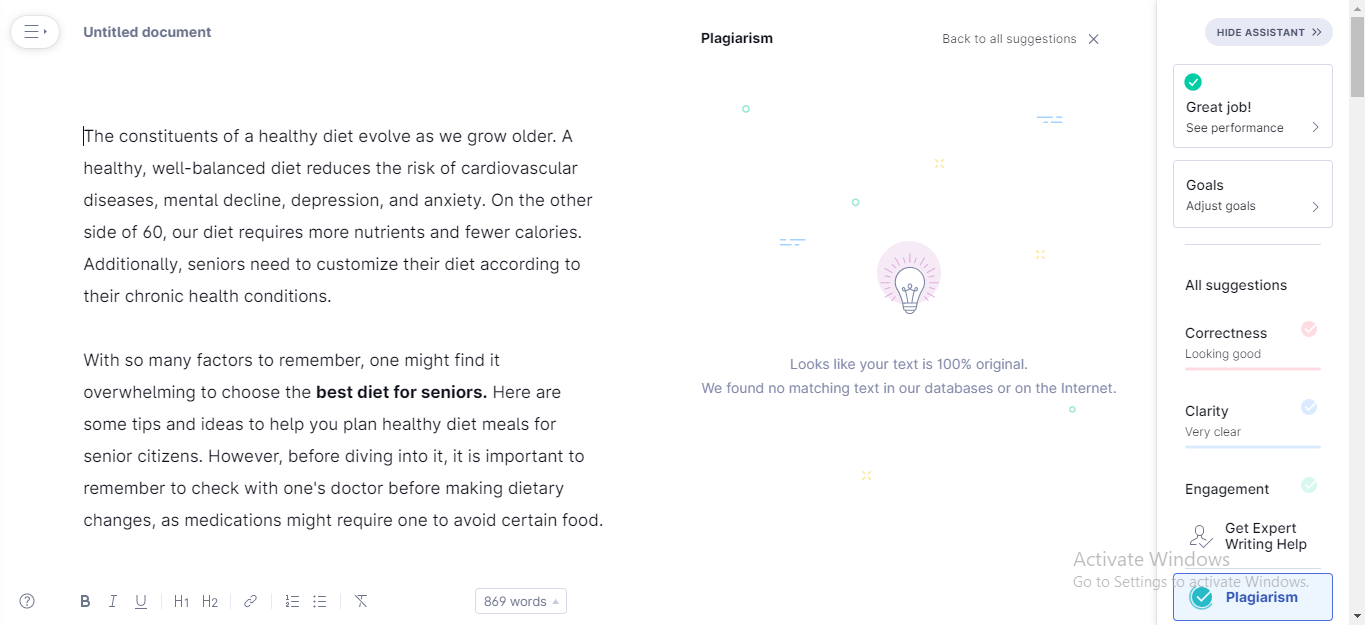Essential Nutrition Tips for Senior Citizens' Daily Diets
Discover essential dietary strategies for seniors to promote optimal health. This guide emphasizes balanced nutrition, including increased protein, fiber, healthy fats, and hydration, tailored for aging needs. Practical tips cover reducing sodium and empty calories while incorporating nutrient-rich foods. Consulting healthcare professionals ensures safe dietary adjustments, supporting seniors in maintaining vitality, preventing chronic diseases, and enhancing overall well-being through proper nutrition, exercise, and social engagement.
Essential Nutrition Tips for Senior Citizens' Daily Diets
As individuals age, their nutritional needs shift, requiring a focus on balanced and nutrient-dense meals. Proper nutrition can help reduce risks of heart disease, cognitive decline, depression, and anxiety. After 60, seniors should prioritize foods rich in essential nutrients while consuming fewer calories. Personalized meal planning is crucial to accommodate health conditions. With various factors to consider, tailored advice becomes valuable. Consulting healthcare professionals before adjusting diets ensures safety, especially when managing chronic illnesses. Here are key strategies to support healthy eating habits for seniors.

Incorporate Protein-Rich Meals
Nutrition expert Amy Campbell highlights that seniors need increased protein intake to bolster immune function and prevent osteoporosis. Options include plant-based sources like lentils, beans, and chickpeas, especially as chewing becomes more difficult. Breakfast choices such as banana oatmeal, smoothies with greens and fruits, or vegetable omelets with whole-grain toast are excellent options.
Limit Empty Calories
Meals should minimize foods high in sugars and fats like chips, baked goods, and sugary drinks. Instead, focus on colorful fruits, vegetables, lean meats, seafood, and nuts. Replacing saturated fats with healthier options like olive oil, avocado, and nut butters is beneficial. Reducing added sugars and opting for natural sweeteners such as fresh fruit or whole grains supports better health.
Lower Sodium Intake
Reducing salt in cooking can decrease hypertension and heart disease risk. Be mindful of high-sodium foods such as cured meats and soy sauces. Enhancing flavors with herbs, spices, and citrus like lemon juice can compensate for reduced salt. Healthy lunch ideas include chicken and veggie sandwiches on whole-grain bread, quinoa salads, or tuna with vegetables.
Boost Dietary Fiber
Fiber aids digestion and helps prevent constipation and hemorrhoids. Include high-fiber foods like beans, oats, almonds, vegetables, and whole grains. Fiber-rich diets also assist people with diabetes by stabilizing blood sugar levels. Incorporate whole-grain cereals, dried fruits, nuts, and legume-based dishes for optimal health.
Stay Hydrated
As thirst sensation diminishes with age, seniors are prone to dehydration. Replacing caloric beverages like sodas and fruit drinks with water, flavored water, or herbal teas supports hydration. Consuming water-rich foods like melons, cucumbers, and tomatoes also helps. Consult a doctor for personalized fluid recommendations, especially if on medication or undergoing treatment.
Include Omega-3 and Calcium Rich Foods
Omega-3 fatty acids reduce inflammation and may slow age-related eye and brain conditions. Fish like salmon, mackerel, sardines, and plant sources such as flaxseed and walnuts are excellent. For strong bones, seniors should increase intake of calcium through dairy products, leafy greens, and fortified foods. Dinner ideas include fish with greens or chicken with vegetables. Combining diet with exercise and social activities enhances overall well-being.
Adopting a customized nutrition plan that emphasizes protein, fiber, healthy fats, and hydration is vital for senior health. Regular medical consultations ensure dietary choices meet individual needs. A comprehensive approach, blending good nutrition with physical activity and social interaction, helps seniors maintain vitality and independence.

Note:
Our blog provides diverse insights based on research and expert advice to inform your decisions. While informative, these articles should not replace professional medical or nutritional guidance. The website is not responsible for discrepancies or updates in health data or available schemes. Always consult healthcare providers for personalized advice tailored to your health conditions.










